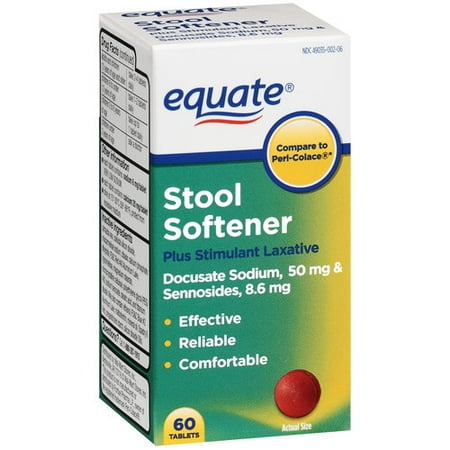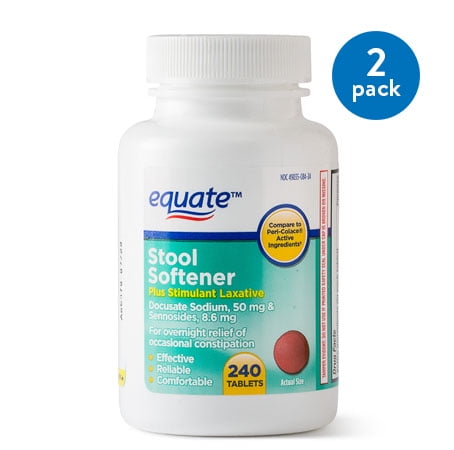Stimulant Laxative Vs Stool Softener. Take The Gut Check & Learn About IBS-C Symptoms. Laxatives are commonly used to treat constipation by loosen the stools or increasing bowel movement.

Fiber supplements make your stool bulkier so it's easier to pass.
The ingredients in stimulant laxatives induce a bowel movement by acting to speed up colonic muscle movement.
A laxative is a broad term for any medicine that facilitates having a bowel movement, says Dr. Take The Gut Check & Learn About IBS-C Symptoms. Benjamin Lebwohl, a gastroenterologist and Louis and Gloria Flanzer Scholar at Columbia University. Gentle Overnight Relief From Occasional Constipation. Generally, osmotic laxatives and stool softener are the best and most recommended for long and short term treatment of constipation in babies; all others come with few side effects parents will want to avoid for their little ones. There are several other types of laxatives, including: Stool Softener Vs Laxative.
First of all, let's sort out the difference between stool softeners and laxatives. Benjamin Lebwohl, a gastroenterologist and Louis and Gloria Flanzer Scholar at Columbia University. Stool softeners prevent or treat constipation by making the stools less hard. Although they're usually safe to use during breast-feeding, some ingredients may pass into breast milk and cause diarrhea in nursing infants. Its stimulant laxative triggers intestinal contractions to help bowel movements push through your system more quickly. This results in a softer, easier-to-pass stool.
Gentle Overnight Relief From Occasional Constipation. A laxative is a substance that you use to help you have a bowel movement. A laxative is a broad term for any medicine that facilitates having a bowel movement, says Dr.






